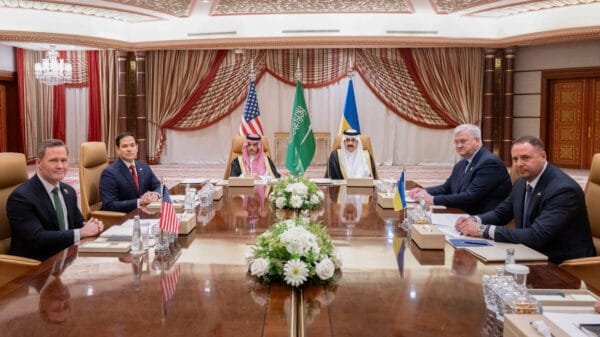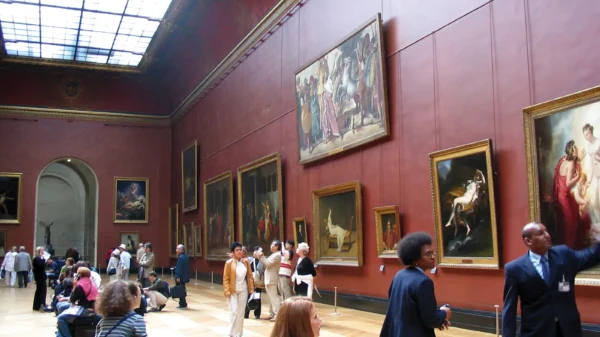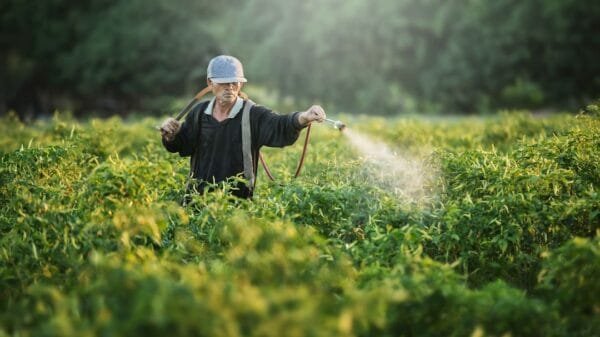Press Freedom in Sri Lanka: A Fragile State Amid Promises of Reform
Press freedom in Sri Lanka remains under threat, with journalists facing significant challenges despite promises from the new government to address past injustices and protect free speech. The current administration has pledged to investigate cases of violence and intimidation against journalists, acknowledging the importance of a free press in democratic governance. However, ongoing censorship, harassment, and legal restrictions continue to undermine media freedom in the country, casting doubt on the government’s commitment to reform.
A History of Threats and Violence Against Journalists
Sri Lanka’s journalists have long faced intimidation, harassment, and violence, particularly during periods of political instability and conflict. The country has a history of media suppression, with numerous cases of journalists being attacked, abducted, or even killed for their work. Past administrations were criticized for failing to investigate these cases adequately, which created an environment of impunity for crimes against the press. The current government has pledged to investigate these injustices, raising hopes among journalists and human rights advocates that the media landscape may improve.
International organizations like Reporters Without Borders (RSF) have consistently ranked Sri Lanka poorly in global press freedom indexes due to this history of violence and the restrictions placed on journalists. The new administration’s commitment to revisiting these cases is seen as a positive step, though many remain cautious, noting that similar promises were made in the past with little follow-through.
Ongoing Challenges to Free Speech
Despite the government’s stated intentions, journalists in Sri Lanka continue to face significant barriers. Legal restrictions, including defamation laws and anti-terrorism regulations, are often used to silence critical voices, creating a chilling effect on the press. Self-censorship has also become prevalent, as media professionals fear legal repercussions or backlash for reporting on sensitive political topics or criticizing the government.
Recently, there have been reports of online harassment and surveillance of journalists, especially those covering human rights and government accountability issues. Digital media platforms, where many Sri Lankan journalists now operate, are frequently targeted, limiting the reach and effectiveness of independent journalism.
Government Promises and International Pressure
In response to domestic and international criticism, the new government has promised to reform laws that restrict press freedom and to provide better protections for journalists. This includes potential amendments to the controversial Prevention of Terrorism Act (PTA), which has been used to detain journalists without trial. International bodies, including the United Nations, have urged Sri Lanka to take concrete steps to uphold press freedom, arguing that a free press is essential for transparency, accountability, and human rights.
However, human rights advocates emphasize that these promises must translate into real, actionable reforms. Global organizations are closely monitoring the situation, pressuring the government to ensure that its commitment to a free press is more than just rhetoric.
Conclusion: Hope for Change Amid Uncertainty
Press freedom in Sri Lanka remains precarious, but there is cautious optimism that the new government’s promises could lead to meaningful improvements. As journalists and advocates continue to call for reforms, the government faces the challenge of balancing its commitment to free speech with the need to address national security concerns. For many, the hope is that Sri Lanka’s leadership will uphold its promises, creating a safer and more supportive environment for journalists, which is essential for a functioning democracy. The coming months will be critical in determining whether the country can overcome its historical challenges and secure a more robust foundation for press freedom.


































